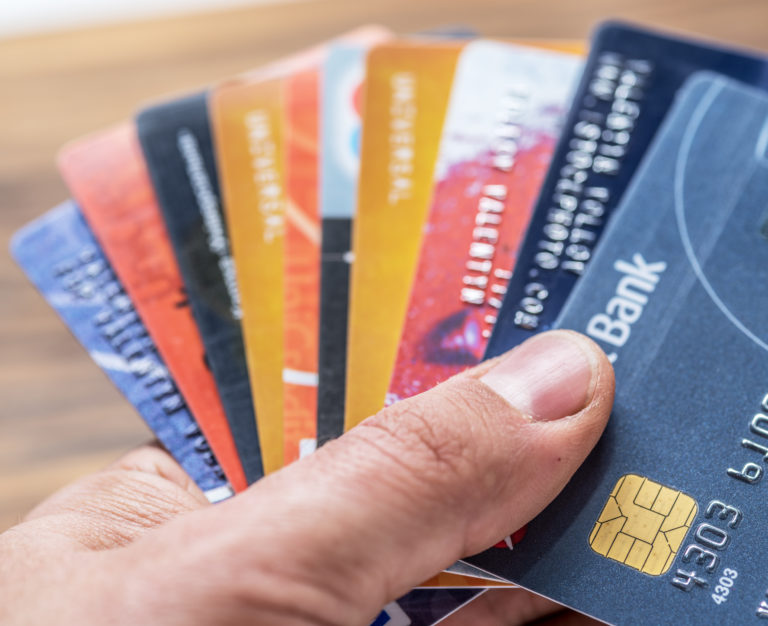
The American Bankruptcy Institute recommends filing for bankruptcy if it is beyond your ability to pay down your credit card bills. Although it might not seem so at face value, filing for bankruptcy can be a responsible financial decision because it allows you to have a fresh start. Continue reading to discover how an experienced Suffern bankruptcy attorney at The Law Offices of Allen A. Kolber, Esq., P.C. can assist you through the process of clearing your credit card debt.
How do I calculate my assets?
To get started with the bankruptcy process, you will need to collect the following documents:
- Your pay stubs from the past six months.
- Your federal income tax returns from the past two years.
- Copies of all bills that are currently due.
- Copies of any documents sent by collectors or creditors.
- Your credit reports.
- Copies of any collection lawsuit against you.
As far as calculating your assets goes, you will need to list the worth of everything you own. This includes the last six months of statements from your bank accounts. For everything else, below is the best approach to value your varying assets:
- Household goods, personal items, and clothing: list what you would expect to pay at a yard sale.
- Antiques, arts, collectibles, and jewelry: obtain an appraisal.
- Property and automobiles: obtain an online market estimate.
How do I calculate my credit card debt expenses?
By using your current bills and the last six months of bank account statements, you will need to value the following expenses:
- Insurances.
- Car loans or leases.
- Utilities.
- Rent or mortgage.
- Cable, internet, and cell phone bills.
- Commuting and groceries.
- Personal expenses, such as travel.
- Gifts to a religious institution.
- Medical copays.
How will filing for bankruptcy clear my credit card debt?
After determining the above calculations, you will have to choose between filing for Chapter 7 or Chapter 13 bankruptcy. You will be eligible for Chapter 7 only if you earn a certain amount of income. If not, you will have to file a Chapter 13, which means that you will also pay a portion of your debt over a three to five-year plan to your creditors.
After filing for bankruptcy, and once the deadline for creditors to object to discharge has passed, the court will enter a discharge order. Once this discharge order has been entered, you are no longer responsible for paying back non-priority unsecured debt. This will likely include credit card debt, along with personal loans and medical debt.
If you have any further questions about the process, do not hesitate in reaching out to a skilled Suffern, New York bankruptcy attorney today.
Contact our experienced New York firm
If you require the services of an experienced Business Law or Bankruptcy attorney, contact the Law Offices of Allen A. Kolber, Esq. today to schedule a consultation and discuss your options.






